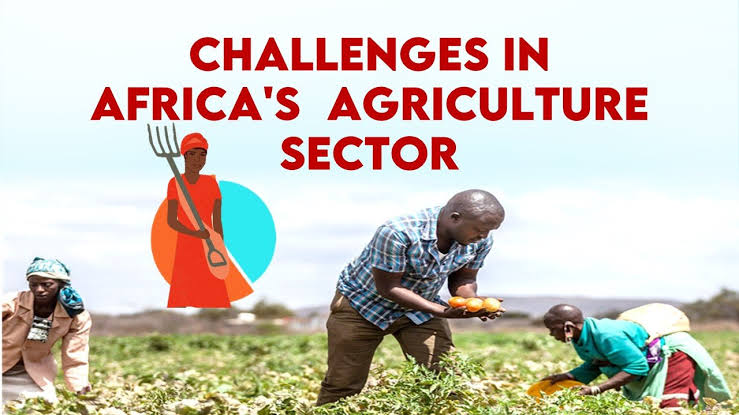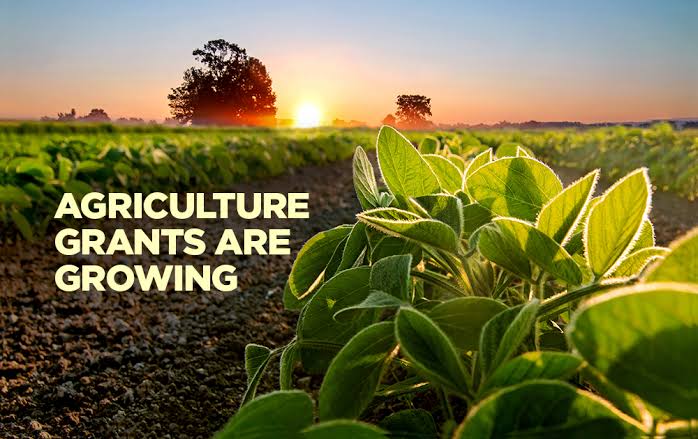Securing funding is a critical step for agricultural startups to grow and scale their operations. With the increasing focus on sustainable agriculture and food security in Africa, a variety of funding options have emerged to support innovative ventures.
This blog post will explore the different types of grants and funding available for agricultural startups in Africa, and their potential benefits. A knowledge of funding for Agricultural startups in Africa will give you a better chance to get one.
By understanding the diverse funding landscape, agricultural entrepreneurs can identify the most suitable options to grow their business and make a positive impact on the continent’s agricultural sector.
Key Takeaways
- In Africa, many small farmers don’t have enough money to buy seeds, fertilizer, or new tools.
- Various grant programs and funding options are available to support innovation and growth in this sector.
- Availability and eligibility criteria for funding opportunities vary depending on the region, the specific focus of the startup, and the stage of development.
Challenges and Opportunities in African Agriculture

In Africa, agriculture faces a number of challenges, but there are also great opportunities for growth. One of the biggest challenges is lack of access to financing. Many farmers don’t have enough money to buy seeds, fertilizer, or new tools. Another challenge is poor infrastructure, such as bad roads and bridges.
Climate change is also a problem, as it can make it harder to grow crops. Diseases and pests can also hurt farmers. Finally, many farmers don’t have the knowledge they need to farm effectively. However, there are also many opportunities for African agriculture.
The population of Africa is growing, which means there is a need for more food. New technology can help farmers grow more food. Governments are also trying to support farmers and businesses in the agriculture sector. Additionally, there are opportunities for African farmers to sell their products to other countries.
To overcome these challenges and take advantage of these opportunities, African countries need to invest in education, research, and infrastructure. They also need to support small farmers and create a good environment for businesses to grow.
To recap, these are the challenges farmers and agric enterprises face in Africa:
- Lack of money.
- Poor infrastructure.
- Climate change.
- Diseases and pests.
- Lack of knowledge.
In summary, these are the opportunities available in the agricultural sector in Africa:
- Need for more food due to growing population.
- New technology available for more food.
- Governments are trying to help farmers grow their businesses.
- Opportunity for International trade for countries.
- Investment of organizations in the agricultural sector.
13 Types of Grants and Funding for Agricultural Startups in Africa

Agricultural startups often face unique challenges when securing funding. However, various grant programs and funding options are available to support innovation and growth in this sector.
Note: One good thing about these various grant options is that they are not only meant for agric-business owners but entrepreneurs in all sectors although some individual grants may be specific.
Here are some common types of funding available worldwide for agri-businesses and other businesses:
Government Grants
Many governments offer agricultural grants and subsides to support local farmers, entrepreneurs, and researchers.These grants can be used for various purposes, such as research, development, infrastructure, and capacity building.
International NGO and Donor grants
International organizations like the World Bank, the United Nations Food and Agriculture Organization (FAO), and the Bill & Melinda Gates Foundation offer grants to support agricultural development in developing countries. These grants often focus on sustainable agriculture, food security, and poverty reduction.
Impact Investors funds
These funds invest in companies that have a positive social or environmental impact. They are particularly interested in agricultural startups that address pressing global challenges like food security, climate change, and rural development.
Philanthropic foundations grants
Many philanthropic foundations support agricultural initiatives through grants and investments. These foundations frequently have specific areas of focus, such as sustainable agriculture, food safety, or women’s empowerment in agriculture. Foundations such as the Rockefeller Foundation, the Ford Foundation, and the McKnight Foundation may provide grants for agricultural projects that align with their philanthropic goals.
Crowdfunding Platforms
Platforms like Kickstarter, Indiegogo, and AgriVest allow agricultural startups to raise funds from numerous individuals. This can be a valuable tool for generating initial capital and building a community of supporters.
Incubators and Accelerators funds
These programs provide startups with mentorship, funding, and resources to help them grow. Agricultural incubators and accelerators regularly offer specialized support for startups in areas like agritech, food processing, and sustainable farming.
Venture Capital grants
Venture capital firms specializing in agriculture can provide significant funding for startups with high-growth potential. These firms are regularly interested in investing in innovative technologies and business models that can disrupt the agricultural sector.
Corporate Social Responsibility (CSR) Initiatives
Many corporations allocate funds for CSR initiatives that support social and environmental causes. Agricultural startups can explore opportunities to partner with corporations that align with their mission and values.
Agricultural Associations grants
Associations of agricultural professionals may provide grants or funding to members for research, training, or equipment purchases.
Country-Specific NGOs grants
Many countries have local NGOs that focus on agricultural development and offer grants to support initiatives within their region.
Agricultural Research Institutes grants
Government-funded agricultural research institutes may offer grants for research projects that contribute to agricultural development.
Agricultural Cooperatives grants
Cooperatives of farmers or producers may offer grants to their members to support collective projects or initiatives.
Universities Agricultural grants
Universities often provide research grants to faculty members and students working on agricultural-related projects.
Conclusion
It’s important to note that the availability and eligibility criteria for these funding options can vary depending on the region, the specific focus of the startup, and the stage of development.
Conducting thorough research and building relationships with potential funders is essential for securing the necessary funding to support your agricultural startup.
FAQs
What role can governments play in supporting agricultural development in Africa?
Governments can invest in infrastructure, provide subsidies and incentives, and promote research and development.
Why is sustainable agriculture important for Africa?
Sustainable agriculture can help protect the environment, reduce poverty, and ensure food security.


